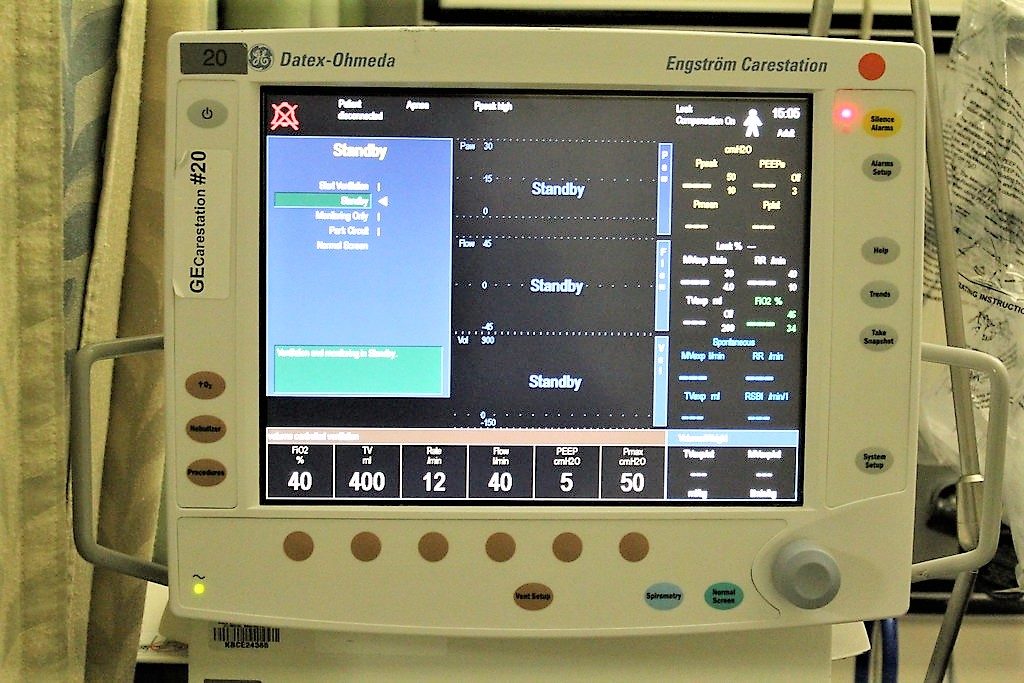The number of critically ill patients with Covid-19 admitted to intensive care would triple in the first half of April without the confinement imposed by the Government on March 19, according to specialists from the National School of Public Health (ENSP).
"Without 'lockdown' [confinement] decreed by the Government in mid-March 2020, the intensive care units of the NHS hospitals [National Health Service] would have had to attend, between 1 and 15 April, an avalanche of 748 seriously ill with Covid- 19, three times more than the 229 who needed this type of care”, reads the analysis released today by ENSP, of Universidade Nova de Lisboa.
For the ENSP researchers, “in this scenario, the 528 intensive care beds that the SNS had at the time might not have been sufficient to meet all needs, as happened in Italy and Spain”.
And they emphasize: "The early action gave the NHS time to acquire protective equipment, increase the capacity to test and deal with the increased demand for hospital and intensive care caused by the pandemic".
Experts refer that “Portugal acted early when decreeing the 'lockdown' when it had only registered 62 cases and no deaths”, and that “the Portuguese effectively adhered to the confinement measures decreed by the authorities, reducing their mobility by about 80% ”.
According to the study, the containment measures contributed to the fact that, in the first fifteen days of April, Portugal had registered 5.568 fewer cases (-25%) of Covid-19, 146 fewer deaths (-25%), and 519 fewer ( -69%) admissions to intensive care units than would be expected if confinement had not been decreed.
“This study compares the number of new cases and deaths, and the number of beds occupied in general inpatient and intensive care units by Covid-19, observed between April 1 and 15, with the values expected for that period if they had not containment measures had been taken and the Portuguese had not complied with them”, point out the authors, who used data published by the Directorate-General for Health.
The expected values for the number of new deaths, admitted to general inpatient and intensive care each day were estimated based on exponential smoothing models applied to the period up to March 31, they reveal.
The expected values for the number of cases were “estimated with an ARIMA model applied to the same period”, stresses the ENSP, adding that “these models were the ones that best fit the respective curves until March 31, 2020”.
This analysis of the scenario that would have occurred in terms of deaths, hospitalization and bed occupancy in intensive care, had there not been confinement, was carried out following the Covid-19 Barometer, released by ENSP earlier this month, on 'timing ', adherence and impact of containment measures in Portugal, specified the entity.



















Comments